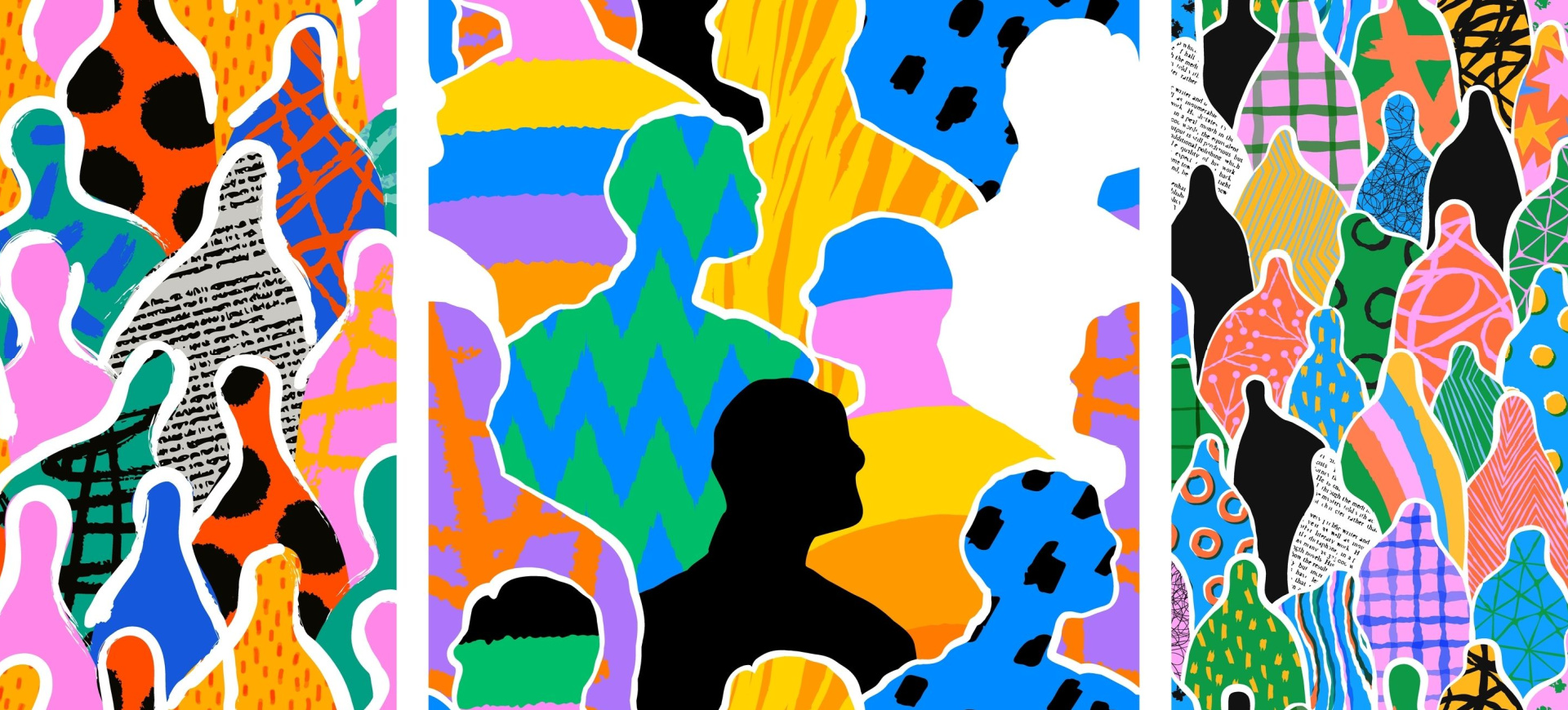Humanity at the fore
Recent years have witnessed colliding crises that threaten our foundations of human rights for all. From their summit in Hiroshima, the G7 leaders must ensure human rights prevail
To analyse what has happened to our world in recent years is a sobering task.
A multiplication of conflicts, from Syria to the Sahel, exposing increasing numbers of civilians to lasting, and even lethal, harm.
War in Europe – one that is murderous and destructive, and exports misery throughout the world.
Advancing climate change, pollution and biodiversity loss, robbing people and our planet of health, resources and the capacity to fulfil their potential, and threatening our way of life and our future.
Covid-19, which killed millions and exposed and deepened vulnerabilities in every economy and society, drawing attention to gaping inequalities.
Harmful pushbacks on the equal rights of women and many others, together with an explosion of online hate speech, directed at women and members of racial and other minorities.
Harsh restrictions on the fundamental freedoms of expression, opinion and assembly, amid increasing crackdowns on civic space in every region of the world.
These painfully clear examples show how connected our human rights are.
Crises, as they spread, cascade and crash into each other, creating even more devastating and far-reaching harms.
The years from 1914 to 1945 brought the most devastating warfare, genocide, a pandemic and economic pain that humanity had ever known.
In 1948 governments from Africa, Asia, the Americas, Europe and the Middle East adopted a manual for preventing conflict and misery. The Universal Declaration of Human Rights draws from every culture and tradition, and expresses the core truth of humanity’s unity. It shows us the way towards enduring peace, shared prosperity and justice, amid respect for our differences.
Rekindling commitments
Seventy-five years after the Universal Declaration of Human Rights was adopted, we need to rekindle its spirit and its commitments.
The right to life, liberty and security of person. The right to education, health, food, shelter, clothing and social protections. Freedom from any form of discrimination, whether based on sex, race, belief, sexual orientation or any other factor. Freedom of expression and the right to privacy. Freedom of thought, conscience and religion. Freedom from torture, and from unlawful or arbitrary arrest or detention. The right to a fair trial.
These and other fundamental rights and freedoms build resilient, confident societies, able to withstand and surmount threats, resolve disputes peacefully, and facilitate sustained progress in prosperity and well-being for all their members.
This is the way to rebuild trust.
Trust between states: that they will act in line with the international laws and agreements that they themselves have drafted, and jointly work to advance the common good.
Trust between people and their governments, which have promised to represent and serve them.
Trust and respect between communities.
Human rights are universal, and indivisible. The old distinctions between civil and political rights, on the one hand, and economic, social and cultural rights, on the other, are artefacts of the Cold War with no relevance today. All human rights must advance together, on the same footing, so that they reinforce each other.
The pandemic demonstrated the essential nature of the rights to decent healthcare, social protections, clean water and sanitation, decent work and adequate housing. These rights are fundamental to human dignity – and essential to every country’s sustainable development and political stability.
Failure to uphold these rights and address inequalities can have devastating consequences for people – but also fuel mistrust in state institutions, social unrest, violence and even conflict.
Freedom from fear and freedom from want are equally valuable and equally necessary.
No matter how powerful, economic growth on its own cannot redress structural injustices or deliver people’s fundamental rights.
Dismantle inequalities
We must dismantle the architecture of inequalities, and advance a sound recovery, by building economies that promote people’s rights and well-being.
A human rights economy seeks to redress root causes and structural barriers to equality, justice and sustainability, by prioritising investment in economic, social and cultural rights.
It delivers maximum social protection, and quality education and healthcare for all, as well as access to justice and the rule of law, effective climate and environmental action, fundamental freedoms and the broadest possible civic space.
It ensures that business models and economic policies are guided by human rights standards.
It enables integrated socio-economic policies that advance each Sustainable Development Goal, including ending discrimination against women and girls as well as racial, ethnic and linguistic minorities – because this is just, and because such discrimination causes massive society-wide and generational harm.
It emphasises redistributive fiscal policies, and efforts to end corruption and illicit financial flows – which siphon money away from public spending.
It also includes support for participative, inclusive, transparent and accountable budget processes that enable the public and civil society to ‘follow the money’
– bolstering trust in government and ensuring that policies will be more effective and advance people’s rights.
Justice, human rights and our planet must be, unequivocally, at the centre of national and global economies and policies.
To support countries and societies to build human–rights-enhancing economies, my office is strengthening efforts to provide technical support and mainstream human rights standards, principles and policies across every action by governments and by the United Nations system.
Human rights are not just our job. They are your job – the job of the leaders of the G7 and every other government.












